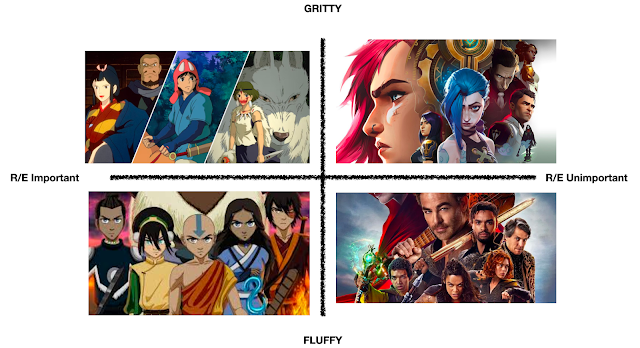Philosophers on the Index

Some time back there was some hubbub about an APA blog post piece posing the question " Should we continue to read and honour immoral philosophers? " The answer, it was widely thought, is so obviously "yes" that it is a sign of the moral decay of philosophy - dare I say western civilisation more broadly! - that this is now in doubt. Unfortunately for those of us seeking a fun day out on the internet, however, the piece in fact agreed the answer is obviously "yes" and proceeded to argue as much. Curses . So why don't I give the internet what it wants and actually try to argue for the absurd proposition? I will say up front: in the end, I don't buy it. Common sense is basically right on this one. Sometimes you can learn valuable things from people who did bad stuff. Honouring people is, I guess, a bit more iffy; but in many cases we honour people who did bad stuff for different good stuff they also did. I suppose we could put a blanket ban on ever ...




